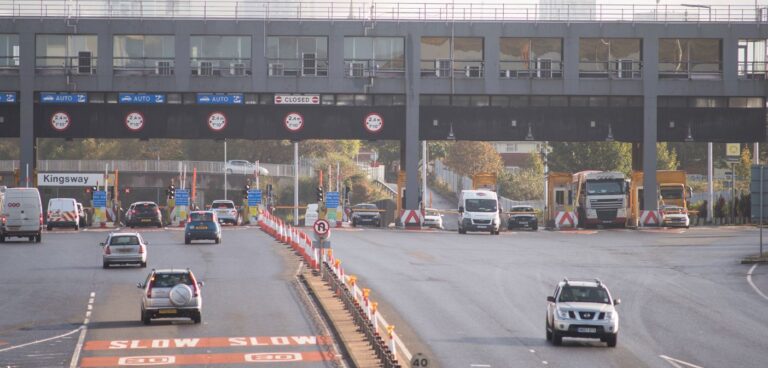Proposals to change the fees charged by some of the area’s transport services have been considered in a meeting by the combined authority of the Liverpool City Region.
Adjustments to the pricing of the Mersey Tunney tolls, bus services and Mersey Ferries were discussed, with the authority citing the rising cost of living as a motivation for the proposals.
While some prices will be frozen or lowered, the body is also considered some prices increases, which it claims will be necessary due to changing energy prices.
Steve Rotheram, mayor of the Liverpool City Region, has implemented other measures to support the provision of more affordable transport in the area, including the reduction in price to £2 for adult single bus fares and a £2.20 cap on MyTickets, which offer unlimited, day-long travel to local youth.
The mayor has previously expressed a desire to transform the region’s transport network into a more integrated system, like the one operating in London. This includes making transport faster, cheaper, cleaner and more reliable to offer a strong alternative to private vehicle usage.
Some of the changes introduced to achieve this already include investment into publicly-owned trains, a fleet of hydrogen buses and more than £50m for new walking and cycling infrastructure.
What’s more, the recent proposals suggest an increase in the price of the Mersey Tunnel toll for someone with a T-Flow account living within the city region by 20p to £1.40, which the authority claims is still 60p cheaper than the average toll.
It likewise hopes to freeze the price of the cash toll at £2, with the price of the T-Flow toll for non-residents increasing by 20p from £1.80 to match this.
On the proposals, Rotheram said: “At a time when all other living costs are going up, I want to ensure that we are making it as fair and affordable as possible for our residents to travel.
“Just like many households in our area, local authorities are experiencing the same pressures of rising energy costs which are making our public buildings and critical infrastructure more and more expensive to maintain.
“The Mersey Tunnels demand a huge amount of electricity to keep them running and require year-round maintenance – yet we receive no central government support.
“Instead, it is left to the Combined Authority to source the funds to keep our tunnels running safely and efficiently.
“The decision to increase prices is never one we take lightly, especially in the current landscape, and we have worked as hard as we can to keep as many charges across our travel network as low as possible – so that our residents will continue to pay the lowest prices.
“While we are committed to giving our residents the best value for their money, these difficult decisions are necessary in order for us to maintain the high standard and operation of the Mersey Tunnels that our residents deserve.”
The Tunnels Act 2004 stipulates that tolls can be adjusted to match inflation, which could see the cash toll for cars grow to £2.50 in 2023/24. Economic and social factors can also be considered in the setting of the rate.
Fares for supported bus services will reportedly be capped at £2, in alignment with the new reduced adult single fare. Young people’s fares on the same routes will be capped at £1.
Mersey Ferries commuter passengers’ fares will also remain frozen at £2.90 for a single ticket and £3.80 for a return journey. By doing this, the authority hopes to encourage improved passenger numbers.
The recommendations, if approved by the authority, are intended to come into effect in April 2023.





